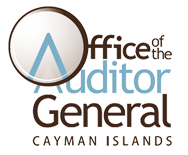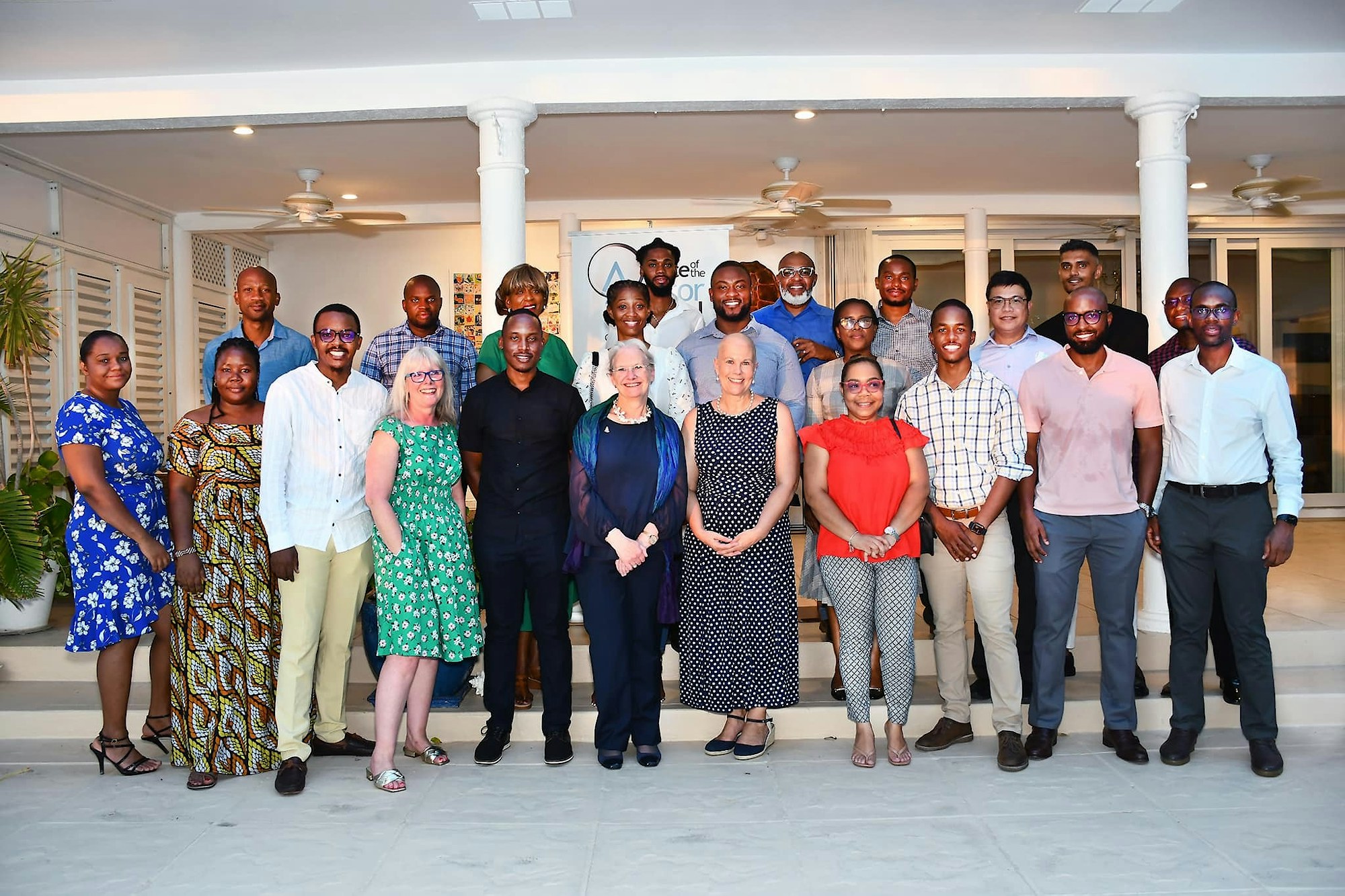"To help the public service spend wisely"
The Office of the Auditor General’s (OAG) role is to scrutinise public spending on behalf of the Parliament and ultimately the people of the Cayman Islands.
One of the most important roles of the Parliament is to hold the Government to account for its use of public money. Members of the Parliament need objective and fact-based information about how well Government raises and spends public funds. The OAG is an independent and reliable source of such information.
By reporting the results of our audits to the Parliament, we help hold Government and public bodies to account for the way they use public money, thereby safeguarding the interests of citizens. In addition, our work aims to help public service managers improve performance and service delivery.
In carrying out our work, the OAG is guided by the three key principles of public audit:
- We are independent of the organisations that we audit
- We report our findings in public
- We consider more than financial statements – we conduct audits to determine whether organisations deliver value for money and we examine wider questions about the public sector’s performance.
Our Mission
"To deliver independent, high-quality public sector audit that promotes accountability, transparency and integrity in the use of public resources"
-
workspaces_outlineWhat We Do
-
people_outlineOur People
-
timelineOur History
-
group_addCareers at OAG
-
articleCorporate Publications
-
folder_openProactive Disclosure
-
find_in_pageOffice Policies & Guidance
-
sentiment_dissatisfiedMake a Complaint
-
infoSubmit FOI Request
-
contact_phoneContact Us
-
library_booksDocument Library
Patrick Smith was appointed as Auditor General effective 1 June 2025. Patrick joined the Office of the Auditor General in March 2002 as a Senior Auditor, advancing to Audit Manager in 2006, Financial Audit Principal in 2012, and Deputy Auditor General (Financial Audit) in 2019. As the Deputy Auditor General (Financial Audit), Patrick was responsible for the in-house financial audit practice. In 2023, Patrick took on the role of Deputy Auditor General (Corporate and International). In this role, in addition to leading the Office’s corporate, finance and IT affairs, he also oversaw the financial audits conducted by private firms on behalf of the OAG, and he worked with the INTOSAI Development Initiative (IDI) as a consultant.
Patrick has over 28 years of audit experience, working in both the public and private sectors, in both external and internal auditor capacities. He began his audit career with KPMG (Barbados) in 1996, after which he worked as the Lead Internal Auditor for a regional manufacturing plant until he took up his post with the Office of the Auditor General, Cayman Islands.
In addition to being a Certified Public Accountant, he is also a Certified Fraud Examiner, is certified in Quality Management Auditing and holds a Diploma in International Public Sector Accounting Standards (IPSAS).
Patrick is an avid follower of cricket and enjoys running, swimming and playing pickleball.
Frequently asked questions
The OAG is audited annually by an independent audit firm. At present the OAG's auditors are HLB Berman Fisher. The Public Accounts Committee is responsible for the appointment of the OAG's auditors under section 69 of the Public Management and Finance Act section 69.
Each individual ministry, portfolio, statutory authority and government company is responsible for the preparation of their financial statements. They are required to present financial statements that present fairly the operations and activities of their entities for audit. It is not the responsibility of the OAG to prepare the financial statements of any government or public entity, other than it's own.
The work of the OAG is undertaken under the powers vested in the Auditor General under the Cayman Islands Constitution and the Public Management and Finance Act.
The Auditor General is independent of the executive branch of government. Our role is to assist Parliament to strengthen the efficiency, effectiveness, and accountability of government. This is achieved by providing independent information, advice and assurance on whether Government’s activities have been carried out and accounted for in accordance with the Parliament's intention and with due regard to securing value for money and the avoidance of waste.
The Auditor General is constitutionally independent of Government and this independence is further enshrined in the Public Management and Finance Act. In the exercise of his powers he cannot be subject to direction or control by any person. In the determination of the matters that will be subject to audit the Auditor General and OAG continue to exercise complete discretion, and carry out audit work that is risk based and in the public interest. The Auditor General and the OAG are physically separate from Government and exercise independence of mind in respect to their audit work. However, under the Public Management and Finance Act the OAG is technically an office of the Government, and this along with other legislative provisions compromise the financial and operational independence of the OAG, which are important conditions in ensuring the independence of a public audit office.
The Auditor General is constitutionally independent of Government and this independence is further enshrined in the Public Management and Finance Act. In the exercise of his powers he cannot be subject to direction or control by any person. However, under the Public Management and Finance Act the OAG is technically an office of the Government, and this along with other legislative provisions compromise the financial and operational independence of the OAG.













